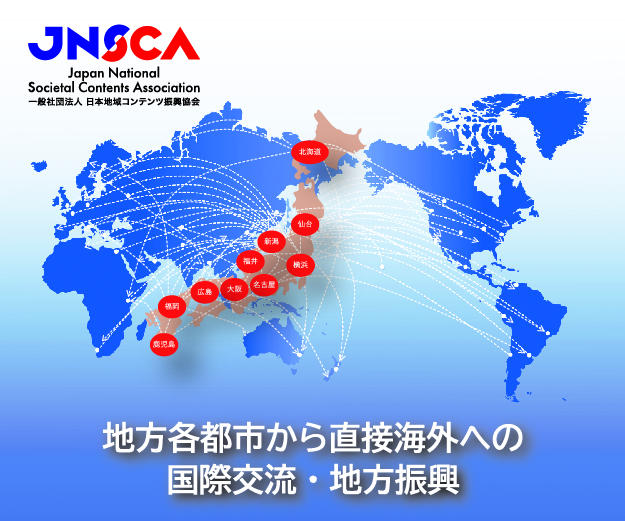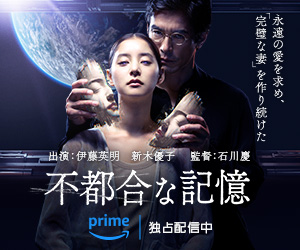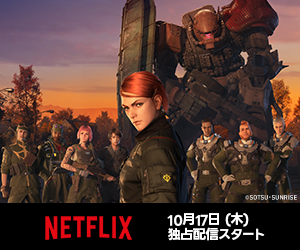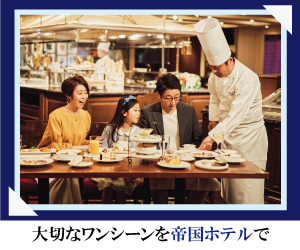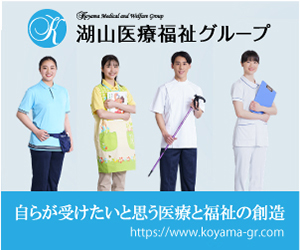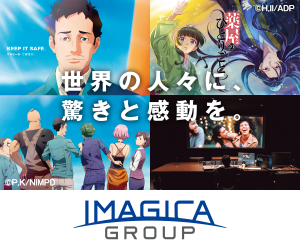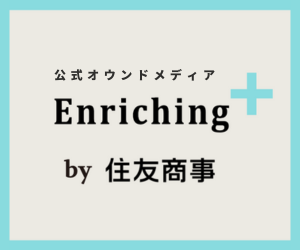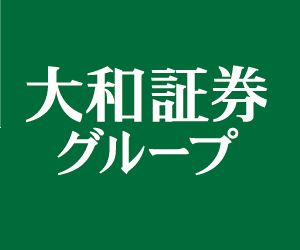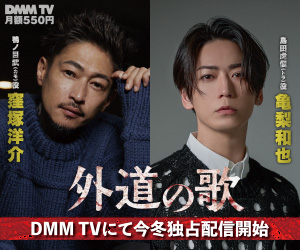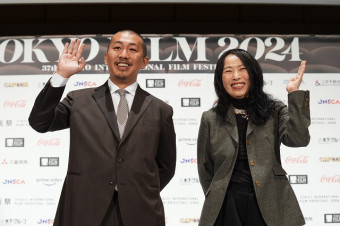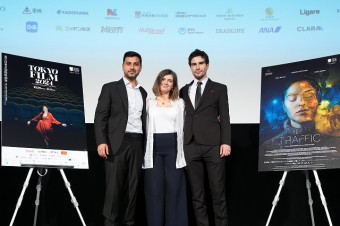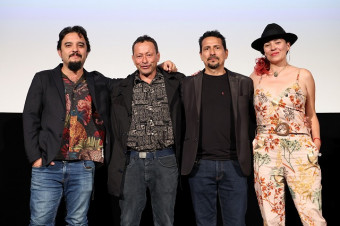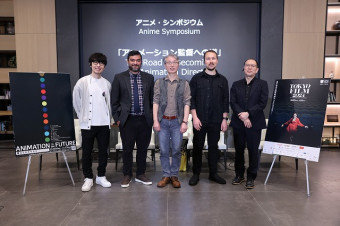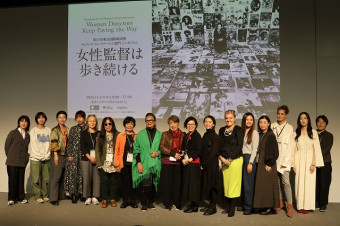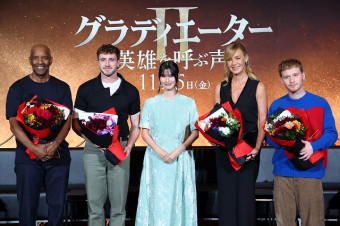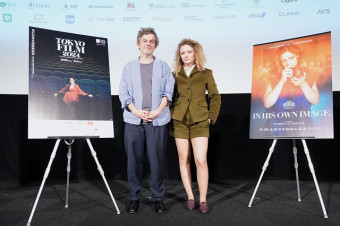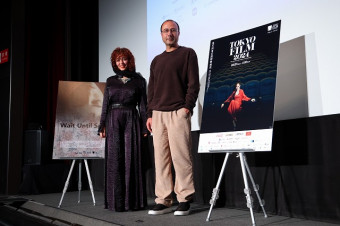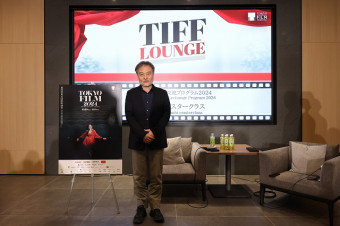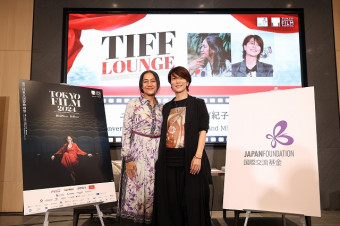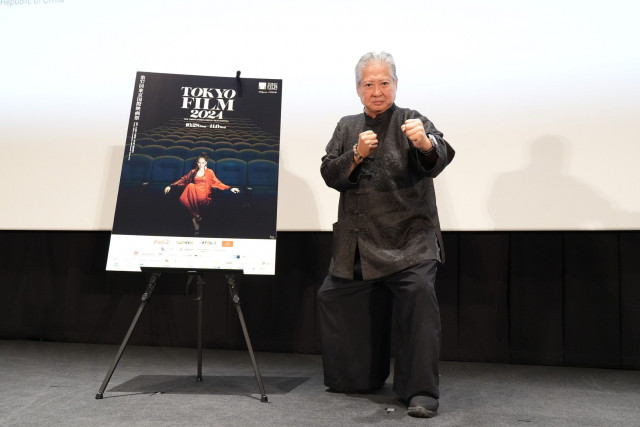
On November 1, the legendary Hong Kong actor-director-producer-action choreographer Sammo Hung appeared at the 37th Tokyo International Film Festival to lead a Masterclass following a screening of his 2016 film My Beloved Bodyguard. At 72 years old, Hung no longer can perform the incomparable martial arts moves he pioneered over the past 60 years, so the Masterclass was framed as a kind of valedictory event, with Hung discussing his life’s work in chronological order.
True to the rambunctious spirit that has infused his work, he held forth at the Marunouchi Piccadilly Theater, the consummate entertainer, bragging about his accomplishments in a good-natured way.
The audience was treated to a snippet from the first film Hung appeared in at the age of 9, when he was a student at the China Drama Academy, a school that taught Peking Opera skills in Hong Kong.
“It was very hard training,” Hung recalled. “We had to learn how to do back flips and all kinds of difficult movements, but it all became part of my basic body language. By the time you graduate, you can do practically any kind of stunt.”
It was at the school that he met many of the actors who would go on to become Hong Kong action stars, including Jackie Chan, with whom Hung worked extensively. At the age of 14, Hung joined the Shaw Brothers Studio as both an actor and assistant stunt coordinator, and eventually branched out to other production companies, including Golden Harvest, where he concentrated more on martial arts.
His first big break as an actor was in 1973’s Enter the Dragon opposite Bruce Lee, which became a worldwide hit. Hung played the Shaolin student who fights Lee in the opening scene. “I didn’t really spend much time with Bruce Lee,” said Hung. “But I was greatly impressed by his work, which was very artful to me. When he died at such a young age, I was heartbroken. It was a shock not only in Hong Kong, but all over the world. All of his fans and those of us in the industry who admired him so much were devastated.”
By the late 70s, Hung had added “director” to his resume of movie experience and helped develop a new wave of comic kung fu movies with his 1977 directing debut, The Iron-Fisted Monk. “In some earlier films I worked on, I noticed how positively the audience reacted whenever there was a funny scene, so I started adding comedy to the martial arts set pieces. And it was revolutionary. People had never seen that kind of thing in a martial arts movie before.”
It was, of course, Jackie Chan who popularized the comic kung fu style in movies like Drunken Master, and for a while there was a kind of rivalry between the two stars, though just as often they collaborated.
Asked if he had been influenced by any directors, Hung insisted he was influenced by everyone: “I liked to study every kind of filmmaking, whether it was action, comedy or even horror.” In the 80s, as a producer, he created the jiangshi genre of kung fu horror movies, featuring zombies and vampires, which became a huge box office draw. “I was always thinking of what kind of new elements I should add to my action movies,” he said. “I liked ghosts and demons, so I incorporated them into these kung fu movies. At first, people said no one would watch that, but it was a huge hit.”
Hung characterized this particular era as the “golden days” of Hong Kong cinema. “I was still relatively young, and all I could think about is what I was going to do next. I had no time to rest.” He even did a short, successful stint in Hollywood in the late 90s, but found the differences less than compelling. “Hollywood is mainly about the actors,” he said. He was more interested in creating exciting visuals.
He reached perhaps the peak of his visual inventiveness with the Ip Man series, alongside Donnie Yen, whom he described as one of the greatest action stars of all time. “Donnie was always up to any challenge,” he said. “He could perform at very fast speeds, but” — here, he elicited an eruption of laughter — he still isn’t as good as me.”
Hung was asked how new film technologies like computer graphics had changed the industry. “Things like CGI are very useful,” he said. “But when I make a movie, I want to use the human body. That’s still the most important thing. I want Hong Kong movies to maintain the kind of energy that made them great during the old days. But there doesn’t seem to be as big an audience as there used to be, and that’s unfortunate.”
In closing, he remarked that he has little chance these days to interact with audiences, which he really misses, so being invited by TIFF to give a Masterclass made him very happy. “I want to have fun with my fans,” he said. “I don’t ask for much, except for them to watch all my films 20 times.”
Sammo Hung Masterclass:
My Beloved Bodyguard
Guests: Sammo Hung (Director), Edoki Jun (Film Critic/Producer)












